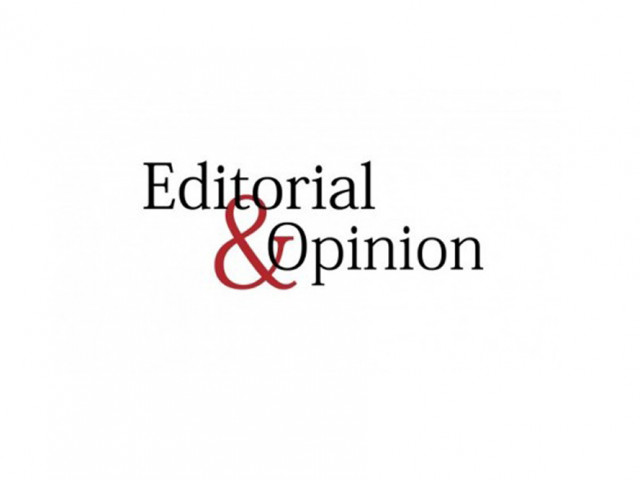Poverty spike
The 44.7% figure relies on outdated survey data from 2018-19

The World Bank's recalibration of global poverty lines has cast a harsh spotlight on Pakistan, estimating that 44.7% of the population, or over 107 million people, live below the lower-middle-income threshold of $4.20/day. Extreme poverty has surged to 16.5% under the revised $3/day line. While blind nationalists may deflect by blaming the worsening statistic on updated benchmarks and revised global calculations, the truth is that the numbers are actually an understatement.
The 44.7% figure relies on outdated survey data from 2018-19, before the catastrophic impact of events such as the Covid-19 pandemic, record inflation and economic disarray for the past few years and the 2022 super-floods that submerged a third of the country and displaced millions.
You need not be an economist to recognise that, in light of these events, the actual current poverty rate based on the World Bank's metrics is much higher. And even this outdated data tells a story that is relevant today. The restive province of Balochistan, for example, had a poverty rate of almost 70%.
Pakistan has also been one of the world's worst performers in combating poverty. India managed to shrink its extreme poverty rate from over 16% in 2012-2013 to under 6% in 2022-2023, despite the increase in the nominal dollar value.
Pakistan, on the other hand, saw at least 27 million more people falling under the poverty line. The first step to addressing the problem is getting more reliable data, so that the picture, no matter how brutal, is more accurate. The next step is transformative action, rather than theatrics and name-calling to divert blame for a national failure onto any one party.
One of the best ways to address extreme poverty is by strengthening social services, including through cash transfers via BISP, and bolstering human capital via investment in health, nutrition and education. Tax policy reforms are also critical because a social safety net is pointless if it is financed through indirect taxes that squeeze the working poor, rather than the millionaires and billionaires who don't pay their fair share.













COMMENTS
Comments are moderated and generally will be posted if they are on-topic and not abusive.
For more information, please see our Comments FAQ